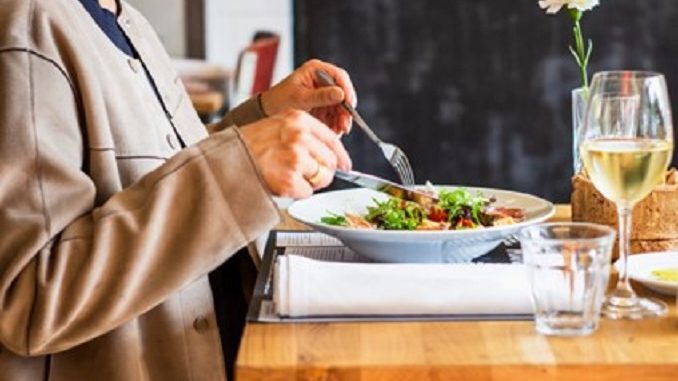
Eating and drinking can be challenging when you have Parkinson’s making it harder to get good nutrition. Your hand tremor can interfere with drinking from a cup; food may fall off the edge of your plate or limited grip makes using standard cutlery difficult. If this sounds familiar, you may benefit from using adaptive equipment or aids to make eating with Parkinson’s easier and importantly more enjoyable.
Adaptive equipment & Parkinson’s
Difficulty eating and drinking can be uncomfortable, stressful and frustrating. Investing in some adaptive equipment may help you manage better and ease some of the negatives you have associated with mealtimes. Below are some suggestions of items that may help you. Remember, Parkinson’s affects everyone differently and what suits one person may not suit another. For individual advice on the need for adaptive equipment connect with an Occupational Therapist and/or Speech Pathologist.
Adaptive equipment: FOOD PREPARATION
Eating more plant foods like vegetables and fruits is important for people with Parkinson’s as shown in dietary patterns such as the MIND diet and Mediterranean diet. Chopping and dicing vegetables and fruits can be made easier with an appliance such as the Mueller Vegetable Chopper. Shop now. 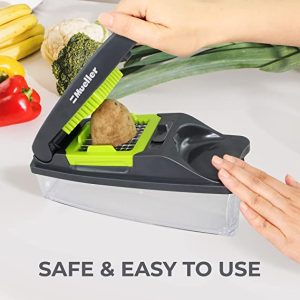
Adaptive equipment: CUTLERY
If you have limited grip, weakness, tremor, stiffness or rigidity it can be difficult to use standard cutlery. With this in mind, there are a range of easy-to-use alternatives to make eating easier, for example: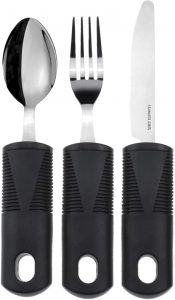
- Cutlery with built up handles making them easier to grip. Shop now.
- Weighted cutlery can make eating easier for those with hand tremors. Shop now.
- Angled or bendable cutlery curves food towards your mouth, reducing the need to lift your elbow out from your body. Shop now.
- Swivel forks or spoons are helpful if you have hand tremor or limited dexterity as they help maintain a level position as food is transferred to your mouth. Shop now.
Adaptive equipment: PLATES & BOWLS
- Plate guards can stop food from falling off the edge of your plate. The guard clips onto your plate and provides an upright ring around it. Shop now.
- Alternatively, a high-lipped plate or bowl provides similar features. Shop now.
- A non-slip mat can be placed under your plate to stop it from moving around the table while you eat. Shop now.
Adaptive equipment: CUPS & MUGS
- Weighted cups can help with stability against tremor, but they may increase fatigue. Shop now.
- A cup with a lid and a straw or spout can be helpful if tremor is an issue. Shop now.
- A cup with two handles can make grasping easier. A handle on each side makes picking up, holding, and drinking easier and less messy. Shop now.
- A spill-proof cup is handy if spillages are a concern. The No-spill Kangaroo cup can resist tipping/spilling if bumped or knocked. Shop now.
- A nosey cup features a special cut-out that makes it easier to drink without tipping your head back. Nosey cups are available with or without handles. Shop now.
Trouble swallowing with Parkinson’s?
People who have trouble swallowing are at risk of poor nutrition and dehydration. For this reason, it is important to seek help from a Speech Pathologist if you notice any of the signs or symptoms listed below.
- A feeling that food or drink gets stuck in your throat
- A feeling that food or drink is going the wrong way
- Long mealtimes or eating slowly (it takes >30 minutes to finish a meal)
- Coughing, choking or frequent throat clearing during/after eating & drinking
- Becoming short of breath or your breathing changes when eating & drinking
- Avoiding certain foods because they are difficult to swallow
- Unplanned weight loss
- Frequent chest infections with no known cause
A Speech Pathologist may recommend changes to the textures of your food or drinks and provide rehabilitation techniques and exercises to help you swallow safely. In addition to this, Parkinson’s specific adaptive equipment such as a dysphagia cup or a special straw may also be recommended.
Final thoughts
Food is a fundamental part of our health, relationships, culture and well being. If Parkinson’s is causing you to have difficulties with eating and/or drinking you may benefit from using adaptive equipment and aids to make eating with Parkinson’s easier and a more enjoyable experience.
Source:
-
Speech Pathology Australia, Swallowing Fact Sheet
Parkinson Diet – Terms & conditions / Privacy policy


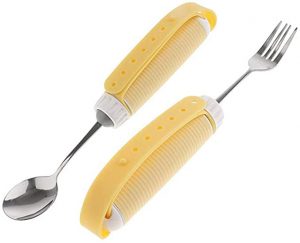
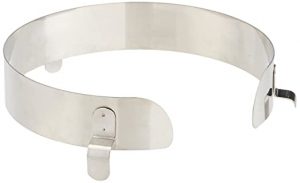
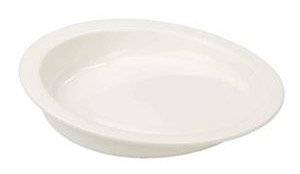
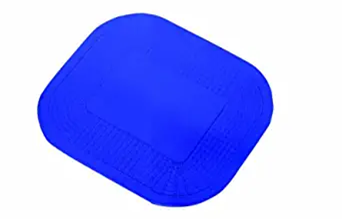
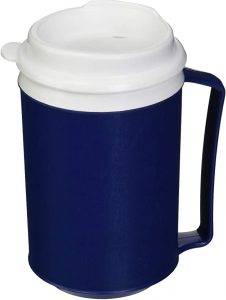

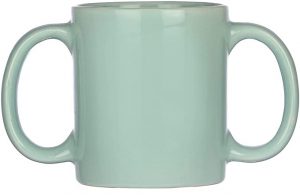
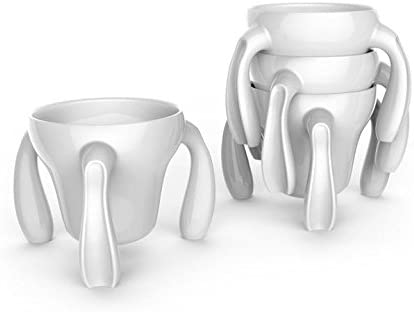
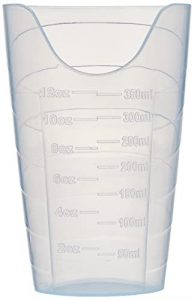



Thanks for all information. I workshop Than chief Cook in hospital at brazil
You are welcome, thanks for commenting